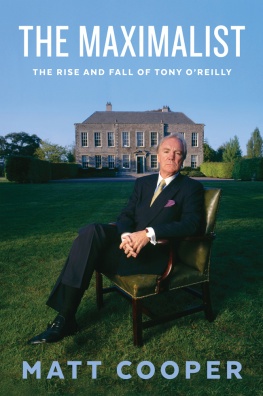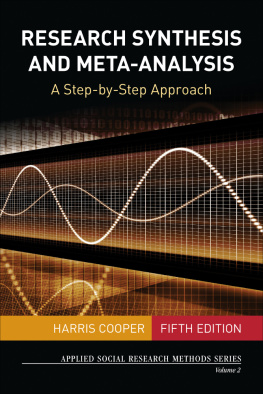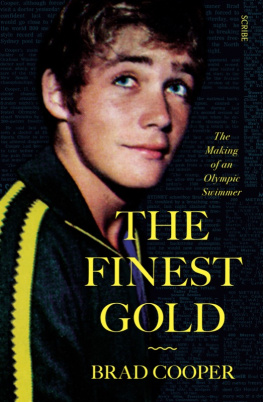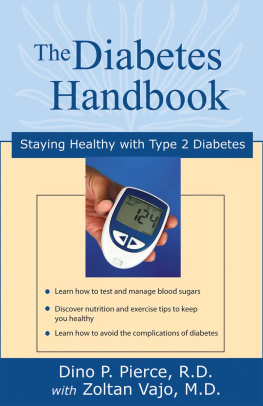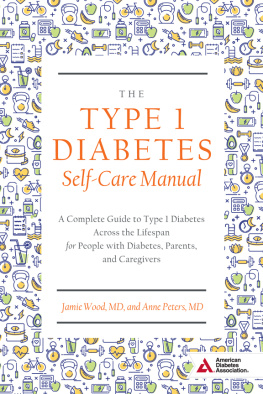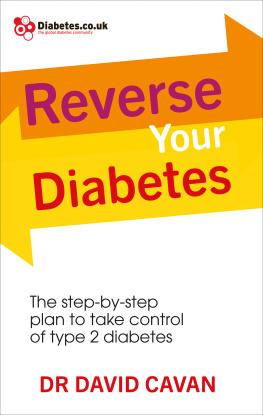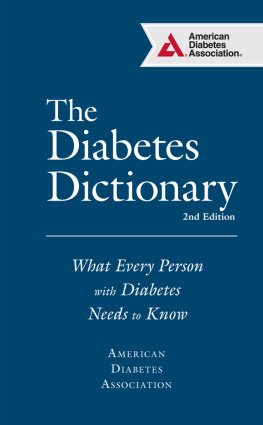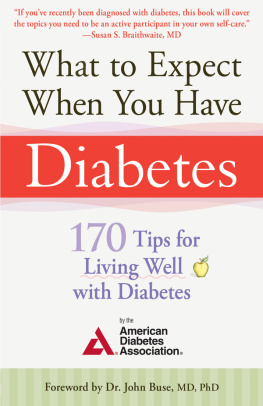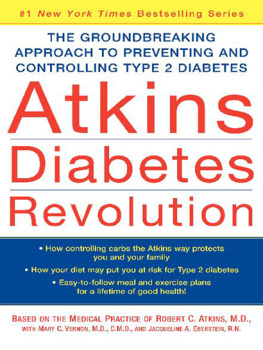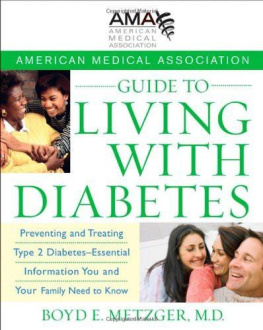First published 2014
Exisle Publishing Pty Ltd
Moonrising, Narone Creek Road, Wollombi, NSW 2325, Australia
P.O. Box 60490, Titirangi, Auckland 0642, New Zealand
www.exislepublishing.com
Copyright 2014 in text: Leanne Cooper
Leanne Cooper asserts the moral right to be identified as the author of this work.
All rights reserved. Except for short extracts for the purpose of review, no part of this book may be reproduced, stored in a retrieval system or transmitted in any form or by any means, whether electronic, mechanical, photocopying, recording or otherwise, without prior written permission from the publisher.
A CiP record for this book is available from the National Library of Australia
Print ISBN 978 1 921966 62 0
ePub ISBN 978 1 77559 194 8
Version 1.0
Design and typesetting by Big Cat Design
Diagrams on pp. 42, 43 and 58 courtesy of Shutterstock
Typeset in Sabon 11/17pt
10 9 8 7 6 5 4 3 2 1
Disclaimer
While this book is intended as a general information resource and all care has been taken in compiling the contents, this book does not take account of individual circumstances and is not a substitute for medical advice. Always consult a qualified practitioner or therapist. Neither the author nor the publisher and their distributors can be held responsible for any loss, claim or action that may arise from reliance on the information contained in this book.
Introduction
You may have read a little or even a lot about healthy eating. Either way, youre likely to find Change the Way You Eat goes well beyond the traditional nutrition and diet topics. In this book you wont find definitions and examples of nutrients and energy. Instead youre going to be exposed to a bit of theory and research on why we eat what we eat, and youll discover that much of this lies in the realm of psychology. Calculating calories, grams of this or that is not directly relevant, and in fact as we will see its not overly helpful anyway, which explains why it seems many efforts to improve community eating have been largely unsuccessful.
Change the Way You Eat wont tell you how to get slim and stay slim, but hopefully it will motivate you to set your own path and stay on track to your health goals. Youre about to launch into an exploration of the processes (both hidden and obvious) that exert influence over our desire to eat and our control of how much we eat. Uncovering these processes may just be part of our health salvation, by ourselves, for ourselves. This book is more about the psychology of eating than nutrition. Its a revealing tale: our love affair with fat and salt, our battle against innate desires, the seduction of marketing, and the triumph of common sense over habit. Such is food psychology.
Introduction to food psychology
A few years ago you wouldnt have seen a lot of information around in the area of food psychology; indeed, you would have been forgiven for thinking there wasnt much happening in the way of research in this area, but thats not the case. For decades researchers have been studying what makes us eat more or less. For example, researchers in the 1980s quickly realised that not only did we eat more at a buffet, but even putting high-calorie food out of reach didnt deter us from adding it to our brimming plates. Just why this information hasnt made it to us one can only guess. Maybe its a fear of the masses realising that food production might not, by and large, have our best interests at heart. Its rarely good when the troops revolt.
Nonetheless there are gaps in our understanding, and the more answers we seek the more questions arise. And, of course, while much of this knowledge has been circulating in university halls it clearly hasnt made it into the mainstream (though marketing and advertising have been onto it for a while). So boning up on this fascinating area will not only change the way you think about food, weight and food production, it will also provide you with hours of dinner conversation, as you will find you have knowledge that few hold under their belts, even many experts.
Before we launch ourselves headlong into eating inhibitions and satiety, lets just take a moment to acknowledge that studying behaviour is not easily done. If you undertake research in a laboratory then this can confound results; likewise if you study in a natural setting, numerous confounding variables can occur which cant be controlled. The science of studying behaviour is very complex with hundreds of factors affecting any behaviour, which also makes it more difficult to reproduce studies so that a clear and more consistent pattern can be discerned. Psychology is also heavily weighted in theory, so yes you will get a number of theories thrown at you and if history tells us anything its that most of these theories hold up for most people but not all, and eventually some smarter theories will add to or amend the original. So, like life, our ideas about food and eating continually change, and thats a good thing!
Why understand food psychology?
Understanding why we eat what we eat is essential to anyone who wants to lead a healthier life, as well as those who work in the area of health and nutrition. But more importantly its essential that we recognise our early internal mechanisms, for ourselves and for our children, for they are an important key to our self-determination and control.
I have a personal belief, based on strong anecdotal evidence, that too many of us focus on numbers as the answer to disordered eating and being overweightfocusing on calories of this and that, grams of this and that, points here and there and so on. Yet in many cases this can simply detract from the real issue, as it almost obscures our responsibility and role in our own eating habits. Healthy eating is a lifestyle we adopt and something we should all fully understand. Healthy eating is about having an almost sixth sense of what constitutes a healthy meal or food, so much so that you can pick the imposters a mile away. You dont need to be distracted by numbers. To my mind, numbers are a scapegoat or a red herring. A colleague mentioned to me one day that a friend of hers was on a popular diet but still ate McDonalds twice a week because doing so didnt tip her over her allowed points. Now there is nothing wrong in having the odd takeaway if you have a predominantly healthy diet, but this sort of trade-off tends to suggest that the healthy food is second best and something to be bartered. We need to rethink our attitude towards healthy eating. Take, for example, a bill you have to pay. Look at just one of the numbers on the sheet. What does that tell you about the underlying actions that led to this bill? Thats right: nothing. In isolation it tells you nothing. Its like building a house: you have to have a great frame in place before you finetune the home. Understanding healthy eating principles of quality, timing, variety, portions, body cues and dynamism (flexibility) is, I believe, far more effective in permanent change than counting calories and grams.
Needless to say, if you are a health professional, understanding food psychology will enable you to better create eating plans with clients and work effectively and realistically with supporting your clients in achieving their eating habit goals. However, nutrition psychology in its journey to the outer world may well mean that you will be challenged on the traditional paradigm of the expertclient approach. After all, there isnt a great deal of evidence to suggest this has been a particularly successful approach; the new wave of research supports the client-centred approach as being the most effective.



